This is a 5-part series on Collapse. Read Part 1/5: Denial. Read Part 3/5: Anger.
Last year a series of unfortunate events plunged me back into a recurring depression, and I found myself, once again, drowning in overwhelming sadness and crippling melancholy.
In times like these, I’m constantly holding back the floodgates. My theatre director asked my group to sing a sad song and really let the emotions show. Afterwards, he complimented me privately on a powerful performance. I wasn’t acting. I’d just let go a little bit.
This time, it was worse than ever. My doctor diagnosed me with severe depression and prescribed therapy “for starters.” I duly went. Concerned relatives pushed for antidepressants; I resisted.
As I am responsible for raising my daughter, giving up is simply not an option.
Not keen to take last-resort, mind-altering substances with 50% failure rates, nominal upsides, and a high risk of both severe side effects and addiction, I had to look for another way out. So, as a rationalist and pragmatist, I tried to view myself from the outside and think, “What does this malfunctioning human being need to get better?”
I desperately needed sleep, exercise, healthy food, and socialising. That much was clear. But every depressed person knows that. The problem is doing it. Neurons responsible for triggering healthy behaviours tend to hibernate during bad depressions. Eventually, just getting up off the floor gets difficult. Especially shower floors.
Pro Tip: If you’re struggling to understand why a loved one suffering from severe depression doesn’t “do something about it”, try viewing them as if they have a broken back, paralysing pain and a splitting migraine.
That’s why they don’t leave the bed, step outside, eat, or even seek help. They can’t.
Step in. Help them do these things. Be there for them. And ask for nothing in return.
To reduce bad habits, I replaced my pointless screen time with reading actual books again—a lovely habit I had lost in ‘93 when the Internet took over my life.
I read, among many others, Steven Pinker's The Better Angels of Our Nature: Why Violence Has Declined and Hans Rosling's Factfulness, enjoying them for their messages about how much the world has been improving lately and Hans’ fun party trick of demonstrating how people often guesstimate worse than chimpanzees on multiple choice questions about the state of the world. (Something to ponder.)
They confirmed my understanding that living standards are improving globally. Women's and minorities' rights also, as well as a reduction in colonialism, major wars, misogyny, racism, and xenophobia — indeed, a marked improvement pretty much across the board regarding how we treat each other as our moral circle keeps expanding. Not that we don't have a bloody long way to go yet.
‘Course, enjoying such books requires one to be blissfully ignorant of the bigger picture that some people have been screaming about from the rooftops for decades. So lonely they were. So very lonely.
I started looking into existential risks again, as they intrigued me intellectually. The AI risk was particularly enjoyable (and fashionable). I studied them via books, podcasts, websites, and more. I visited my friend Martin Rees, who co-founded the Centre for the Study of Existential Risk in Cambridge, UK and discussed some of them with him.
Eventually - unavoidably - I was alerted to the burgeoning polycrisis that will lead to our Downfall (PDF). Something about the delivery of the message got through to me:
Or perhaps it was the timing of it. You see,
“You don't think in depression that you've put on a grey veil and are seeing the world through the haze of a bad mood. You think that the veil has been taken away, the veil of happiness, and that now you're seeing truly.” - Andrew Solomon
The truth is that Andy is just being polite here. One doesn’t just think one sees truly; free from optimism bias and imagined meanings to life, one knows it.
Drawn to entirely the wrong kind of books if I ever wanted to get any better, I suddenly found myself staring into the abyss known as the polycrisis, or meta-crisis: the understanding of how several interconnected and unsolvable systemic problems, plain facts about human psychology, game theory and the nature of uncompromising ecological realities and the laws of physics themselves will unavoidably lead to our collective doom.

Shocked and horrified, I retreated into a cave to study related subjects—a crash course in history, science, psychology, sociology, anthropology, ecology, and more. As a high-school dropout who subsequently wasted half my life playing silly games, I had much catching up to do.
Several months of full-time study later, I emerged, understanding that civilisation as we know it is doomed.
All the horrible things we swept under the rug have come alive, mutated, and grown out of all proportions. Our milkshake is making slurping sounds, and a storm is brewing.
I understood that we will probably see the beginning of the end within my lifetime: an autophagic, catabolic collapse of human civilisation as we desperately cannibalise everything and everyone to hang on just a little bit longer, selfishly sacrificing our children’s future to do so.
Not a sudden extinction event such as nuclear war or bad enough pandemics, but a horrific descent into an increasingly Uninhabitable Earth over the next few decades or centuries.
It’s hard to predict precisely how and when it will happen—probably slowly at first, then all at once. Many argue that it has already begun, both literally and when viewed through a systemic lens. Some people go far back, saying the Industrial Revolution doomed us, others the invention of agriculture, some even the harnessing of fire itself.
Perhaps it’s how what started as a sensible division of labour has eventually evolved into a globalised world so complex, interconnected, and fragile—all in the name of efficiency and greed—that it stands as the biggest house of cards ever built this side of Alpha Centauri. All at a terrible price, as the horrible things we swept under the rug have come alive, mutated, and grown out of all proportions. Our milkshake is making slurping sounds, and a storm is brewing.
The predicament is overwhelming to an absurd degree. Taking just the parts I’ve studied into account, I see no way out whatsoever. (More on that in Part 3/5: Anger.)
Not that I’m an expert. Far from it. I’m just some guy. But others are, and I think one should defer to experts on complicated matters of survival, be they pilots, surgeons or vaccine makers.
From what I can tell, neither does anyone in the know, as the consensus is overwhelming. Gainsayers’ arguments don’t withstand a modicum of scrutiny. They are invariably held by people in denial, deranged techno-optimists, and those who have motives to lie about it.
“It is difficult to get a man to understand something when his salary depends on his not understanding it.” - Upton Sinclair
Do you know who must respect reality? That’s right: Insurers.
So. Imagine being severely depressed, already finding little point to going on living—and then, on top of that, discovering that civilisation will soon begin to crumble and that my daughter and everyone else not mercifully near the end of their lives will witness unspeakable horrors as our world experiences ever-increasing cascading climate catastrophes, mass migrations, famines, wars, dystopia, and death.
Coping with that with next to no support from family and friends without losing my mind has been the absolute biggest challenge of my entire life.
Desperately trying to talk about it with people, I invariably ran into the same sort of non-engagement I exhibited myself when I first read Martin's book: an impenetrable wall in the shape of various forms of denial, a frankly shocking level of ignorance, highly questionable values based around hedonism and materialism, and a powerful emotional reluctance to talk about it.
I guess I can’t blame them. If you haven’t stared into the abyss, you can’t fully empathise with anyone who has. You have to see it to believe it.
But I can tell you, it’s downright surreal to see the entire globe’s future flip from “our odds are good” to “we are drawing dead” so abruptly and completely.
Drawing dead
/ˈdrɔː(r)ɪŋ dɛd/
Verb (present participle)
1. To be playing a poker hand that will inevitably lose no matter whatAs a coup de grâce, my relationship ended, undoubtedly spurred by my catatonic state. My heart broke, and Earth’s gravity doubled. At least the shower masked my sobbing from my daughter’s ears.
Others withdrew from me, too. Depression is insidious; it spreads invisibly, indiscriminately. People instinctively remove themselves from one’s orbit so as not to become infected. Even good people. In the end, only my mother remained. One will do anything for one’s children.
Being severely depressed and Collapse Aware (and heartbroken, as a rancid cherry on top) is probably like being on a nightmarish, hallucinogenic trip one can't wake up from — only worse, I think, because one knows it’s real.
It’s the tragic scope and sheer significance of it. It’s the endless pain, horror, grief, and gut-wrenching loneliness. It’s the infinite stupidity of it. To quote a fantastic essay, “It is depressing on a scale that is unique to our time”.
To add insult to injury, one has to deal with being regarded as a conspiracy theorist by ignoramuses blinded by The Myth of Progress, being told one “worries too much” by people who feel they know better but couldn’t dream of actually looking into it. Talk about the Dunning-Kruger effect—my God.
It's downright maddening and almost invariably leads to deep depression, as exhibited by how that permeates pretty much everyone who becomes Collapse Aware.
You eventually end up looking at everyone around you, thinking, “What are you DOING? Do you not SEE? Do you not CARE? How are you not PANICKING?
HAVE YOU ALL COMPLETELY LOST YOUR MINDS?!”
It’s really not very fun.
I reckon I am going through the five stages of grief. I find myself struggling to stay afloat in a sea of sadness, depression, frustration and anger, fighting the fight of my life to retain my actual sanity.
I’m raising an anxious teenage daughter and must try to hide my sadness about her dreadful possible fate as best I can, lest she breaks.
“Daddy, are you okay?” she asks me, her innocent young eyes showing confused concern. Even with her autism making it hard for her to read people, she senses something is very wrong. She just doesn’t understand what.
“I’m OK, sweetie. Just a bit tired.” She can’t handle the truth. Maybe next year.
Later, she will repeat the question, and I will repeat the lie. I am nothing if not consistent in my failings as a father.
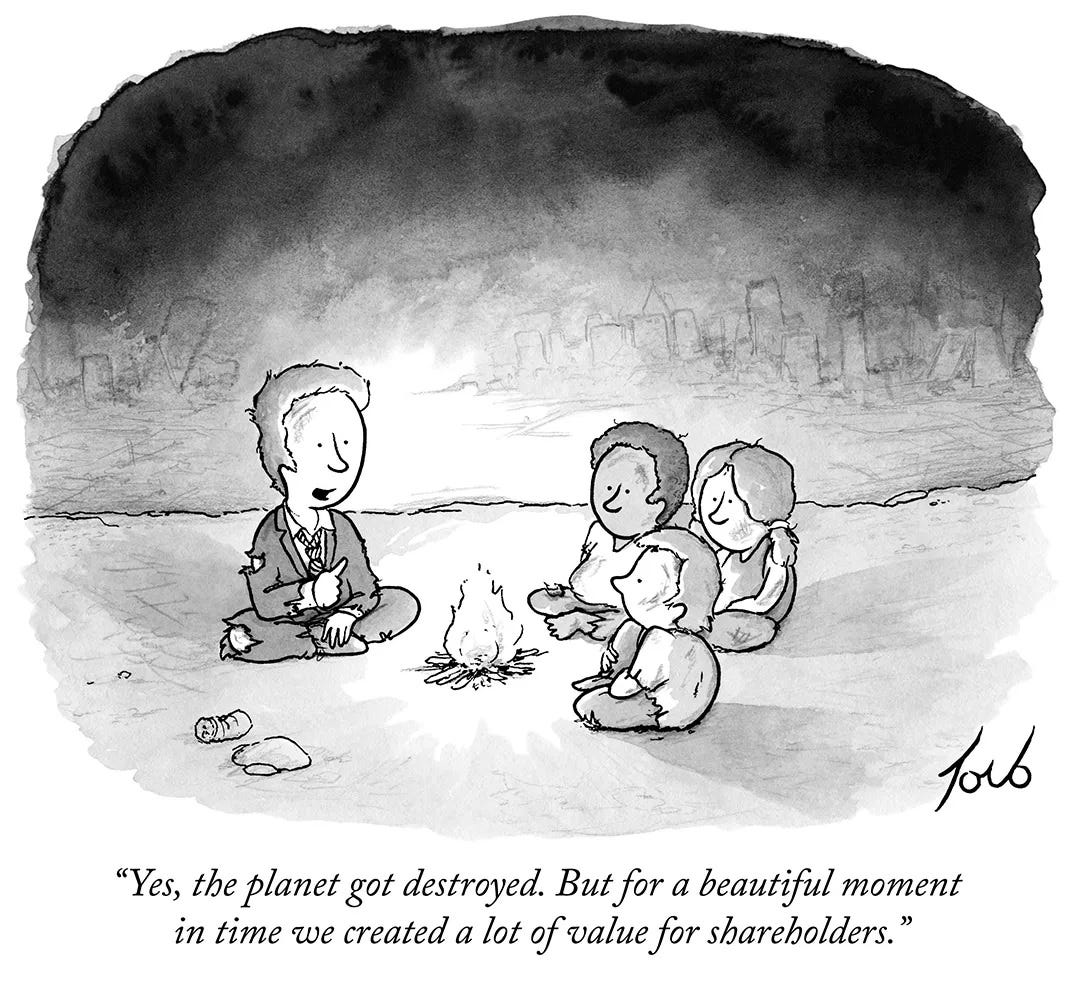
I frequently worry about what will come of her. It weighs on me heavily.
I envision mandatory unarmed combat training for the populace as we run out of ammunition, fighting to keep out a billion desperate migrants. I see us electing fascists eager to build walls and teach our children the mentalities of barbarism: the inhumane attitudes and methods necessary to keep everyone else out of our boat. Let’s hope none of them have nukes.
Am I catastrophising? Perhaps - though Europe lurching far right when faced with a mere million Syrian refugees wasn’t exactly reassuring.
But maybe I am. If so, please forgive me. I am not well. I am drowning.
I am no good to anyone like this; I know it. But how does one reach acceptance of the impending collapse of civilisation - and that so few people seem to care or even notice?
Countless people have suffered worse fates and had no choice about it, either. Seeing your people enslaved or neighbours carted off at increasing rates is the ultimate head trip because This Can't Be Happening. Yet it is.
I grapple with my guilt regarding my responsibility for the state of affairs, golloping down resources like there’s no tomorrow as I am. I struggle to make the most of a bad situation. Marcus Aurelius, I am not.
I don't know whether, when, or even how I should attempt to prepare my daughter for her bleak future. Perhaps allowing her to remain blissfully ignorant as long as possible is better.
Honestly, being Collapse Aware is like some kind of personal information hazard: just knowing causes you horrendous harm, as it so often leads to despair. Why inflict it upon anyone?
Well, imagine that you know someone who is terminally ill and that telling them risks plunging them into deep despair, perhaps never to emerge again.
But then, it also allows them an opportunity to stop wasting their remaining time on this Earth scrolling on their phones, getting caught up in the moral outrage du jour and hanging on to old grudges.
Many people cope admirably with a terminal diagnosis, finding immense gratitude for the small things in life and cherishing every remaining moment with their loved ones — arguably the most meaningful activity there is.
Would you like to gaze into the abyss, too? Honestly, I can’t say I recommend it.
On the cognitive side, I realise we are in damage control and that every fraction of a degree of warming matters (exponentially much).
There are bad ways, very bad ways, and catastrophically inhumane ways to downsize the population from our current situation of ecological overshoot, not to mention leave as survivable a planet as possible for future generations and the natural world. The range of our possible fates remains large and influenceable, so one must do one's best, right?
Guys?
Hello?
Sigh. There is nothing new here. Countless people have been spreading the word for decades, from Rachel Carson in '65, the Limits to Growth guys in '72, the legend himself, Carl Sagan, and James Hansen when they testified to Congress about it in the 80s, to tens of thousands of climate scientists, to millions of citizens all over the world.
I'm just one of the few who finally listened.
Eventually, it will be everyone.
Would you like to gaze into the abyss, too? I can’t say I recommend it.
It’s just that Business As Usual is leading us all straight off a cliff.
The very definition of intelligence is the ability to predict and plan for the future. So let’s use it. Let’s try something else than BAU.
I do not know what that should be, but I believe it starts with waking up and paying attention.
Someday, our children will ask us why we didn’t do anything, why we didn’t care. When my daughter does that, I refuse to have to look away in mortal shame.
So this is me, broadcasting into the night. I don’t know what else to do. And if we don’t make it, I will hold her close as we die together.
That, I can do.
If you would like others to lay their eyes on this post, please like or share it. It really pushes it in the algorithms. This is a free blog. Thank you.Subscribe to my free blog to be emailed new stuff
Part 3 of 5: Anger
Preface: Becoming Collapse Aware is no joke. Anger is a normal part of the five stages of grief. The following blog post is my way of cathartically expressing some of my frustrations.

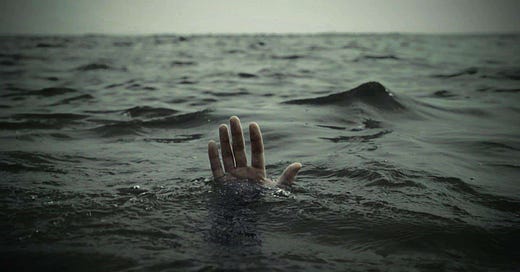



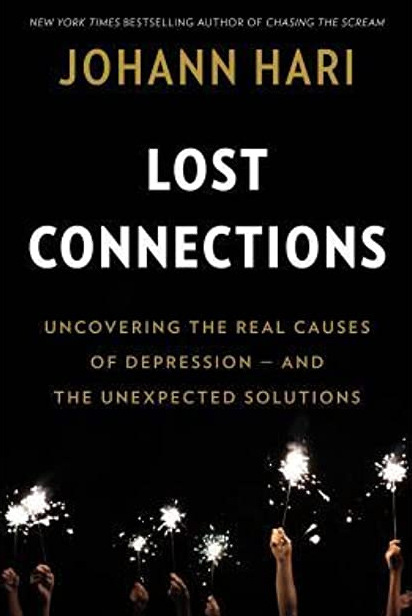

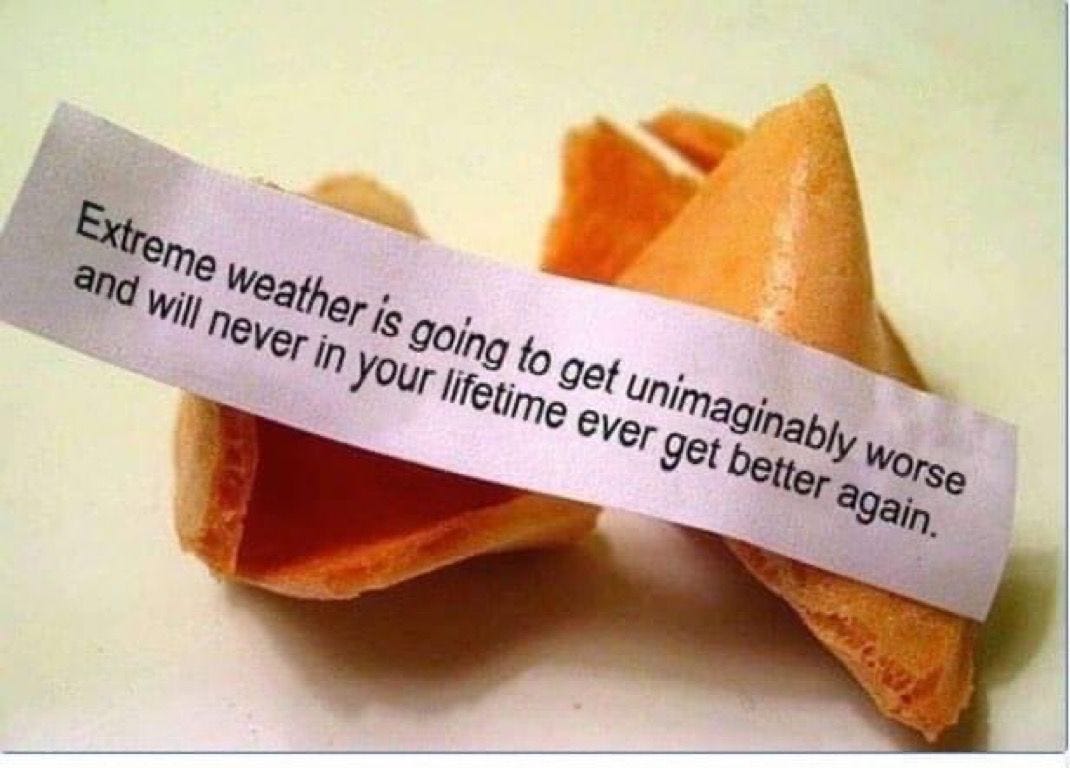
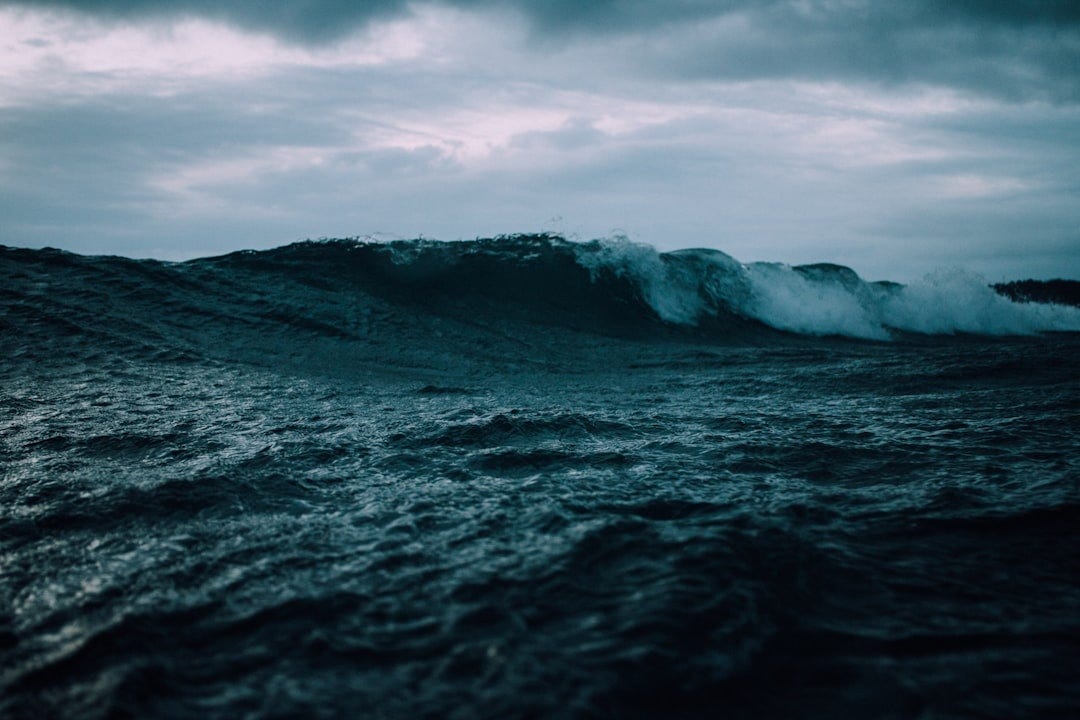
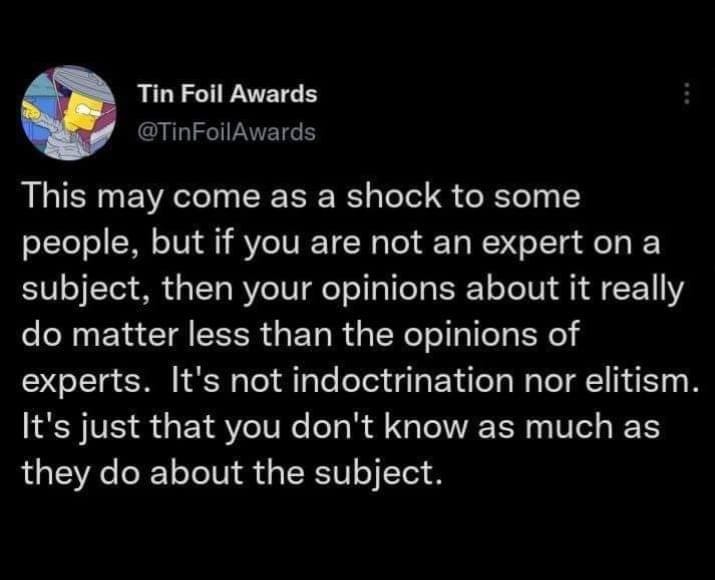
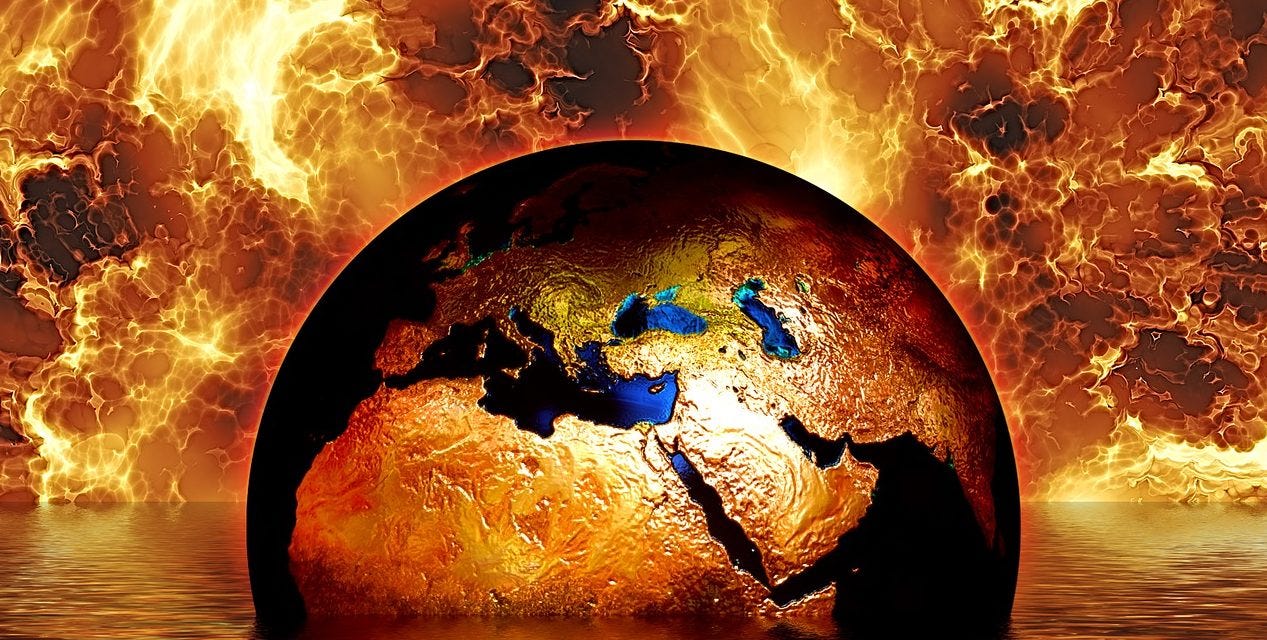
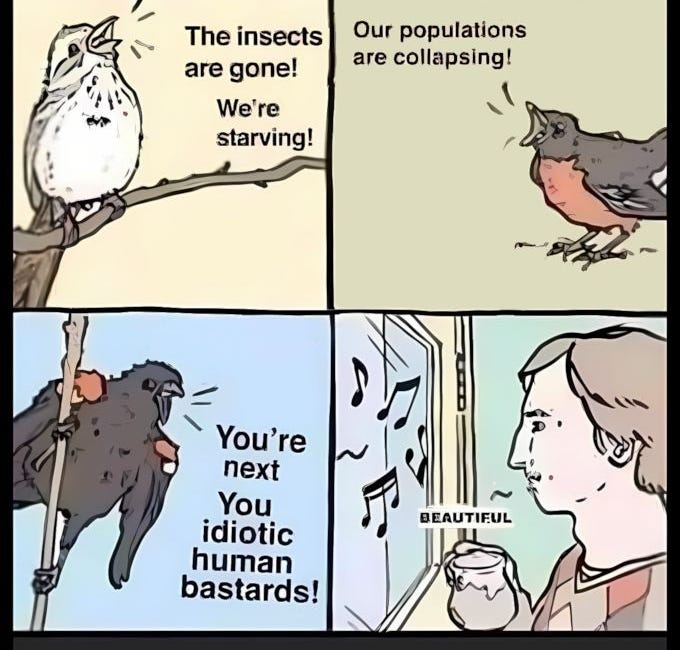
The two blog-posts that Jan has put our are eloquent and insightful. Congratulations -- and legerly looking forward to the further episodes!
Martin Rees
The great collapse, as I like to call it, is on its way. Thankfully, due to my expertise, I do not face the reaction you face from friends and acquisitions. At first, of course, they are reluctant. But slowly I manage to explain it to them and they become less reluctant (they do not fully share my view, of course—that would take hours of discussions and explanations—but they do start seeing it).
I do have a solution, for what is worth. But as a friend of mine told me recently, this is asking too much from people. Anyway, the solution is for people to become more humble, responsible, rational, forward-looking, conscious, less self-absorbed, more courageous.
Wish you the best. Here is a song that I hope you will enjoy listening to: https://open.spotify.com/track/3TQxkQsyJS03EUwl02Qaub